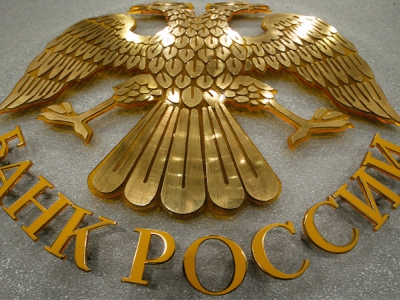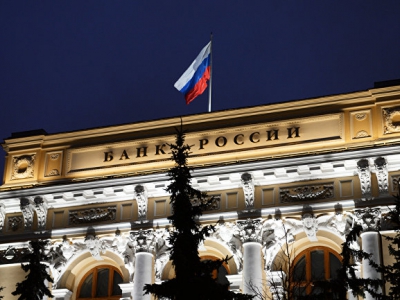The Ethereum Russia 2016 conference near Moscow gathered the country’s leading blockchain companies and state regulators to meet the creator of Ethereum and discuss the future of the technology in Russia.
The one-day event at the Skolkovo Innovation Centre was attended by representatives of IBM, QIWI, Accenture, Acronis, Cyber.fund and other IT companies, as well as of Russian Central Bank, Sberbank and the Ministry of Telecom and Mass Communications.
The event saw the first public appearance of Ethereum’s creator in Russia. Buterin arrived in Moscow on the invitation of Alex Fork, a bitcoin and blockchain enthusiast and founder of Russian Blockchain Community, and Vladislav Martinov, the head of Yota Devices.
The conference programme was split into two sessions: “Buterin meets developers and experts” and a panel discussion “Blockchain: the state and economy of the future”. Members of the community fully took a chance to ask the founder of Ethereum a lot of geeky technical stuff concerning the implementation of the emission limit once the underlying consensus mechanism will be changed to proof-of-stake, prospects of scalability of Ethereum, economic expedience of ether mining and the probability of expansion of ether mining pools. Buterin admitted that he was highly impressed by the level of expertise of the people present.
The main question of the panel discussion was the regulation. Despite the repeated statement of Vadim Kalukhov, the deputy head of the IT-department of the Central Bank of Russia, that in Russia there is no regulation that would impede the activity of blockchain developers and, even more, prevent the usage of cryptocurrencies, the audience, mostly composed of blockchain enthusiasts one-third of whom have tried mining bitcoin themselves (around 70 people out of 300 raised hands answering this question), remained quite sceptic about the declaration. The scepticism was reinforced by the position of Alexei Kozyrev, deputy head of the Ministry of Telecom, who openly stated that the ministry had reservations about the technology since its potential effect is still under close scrutiny. Nevertheless, the business part of the audience was mostly positive about the prospects of the blockchain regulation in Russia. Alexei Arkhipov, head of QIWI’s cryptotechnology department, said that the company, considered the Russian electronic payments leader, plans to come up with several blockchain-based products before the end of the current year.
Vitalik Buterin, who followed the discussion with a keen interest, when asked whether blockchain-based projects have any future in Russia, answered firmly “Yes, I believe, they have.”
Concerning the perspectives of bitcoin ban in Russia, he said:
“Such a law, without any doubt, would endanger the functioning of public unpermissioned blockchains and, thus, only private permissioned blockchains would survive.”
Anna Lavinskaya

















